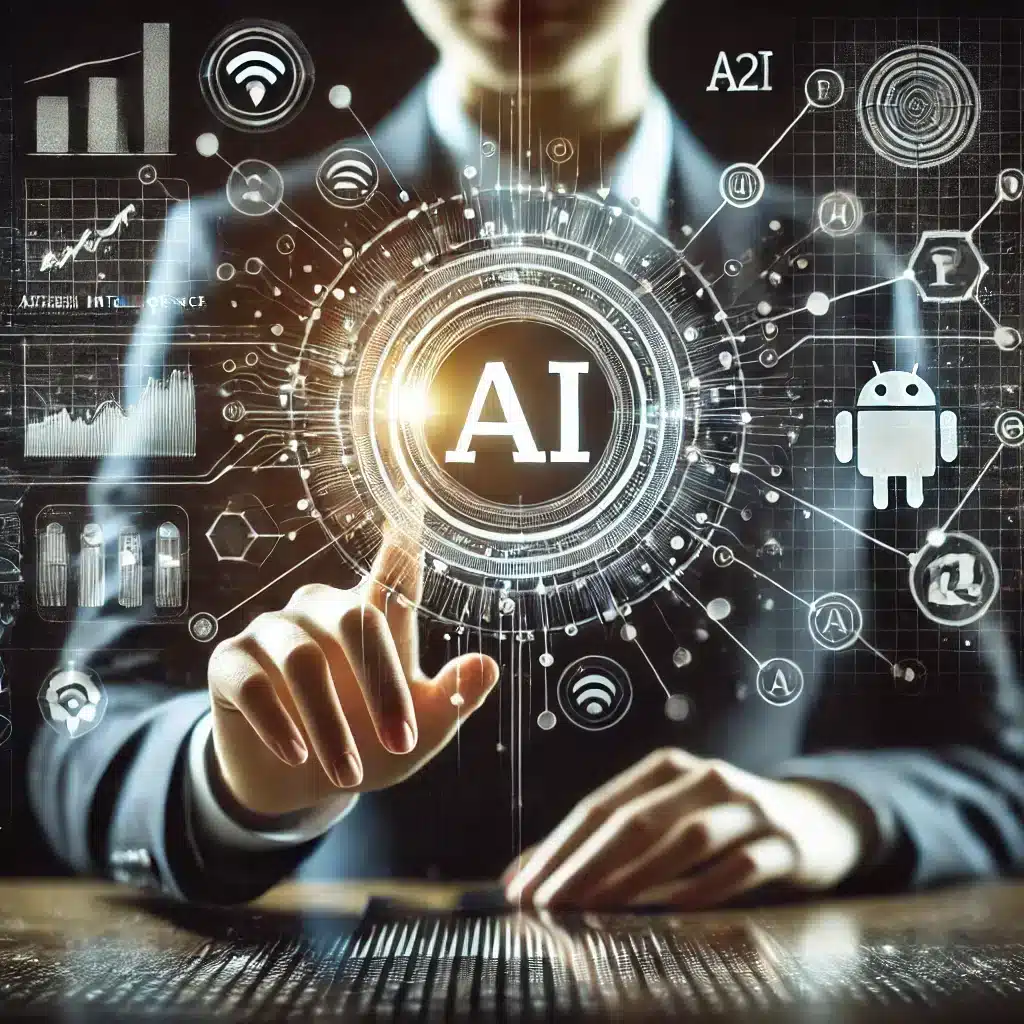Introduction to No-Code AI
In this age of digitization, businesses need flexible solutions to adapt swiftly to changing market conditions. One way to achieve this is through no-code AI tools. Adopting these tools allows companies to create and manage applications, even when their employees lack a technical background. For more, check out this AI for Non-Techies.
Why No-Code AI Matters
Analysts predict that by 2025, 70% of new business solutions will be built using zero or low-code tools. Moreover, the no-code AI solutions market is expected to reach $49.4 billion by 2033. This makes it crucial for businesses to understand how to leverage these tools effectively.
Reinventing the Wheel
The development of AI has led to ‘thinking’ machines which can often be unpredictable. This nature of AI forces a shift from conventional application design principles, requiring a creative mindset. Businesses must craft intuitive and responsive interfaces that are functional and user-friendly.
Connecting AI Potential with Real-World Tasks
AI tools can significantly enhance work quality and efficiency. Before developing an AI application, align AI capabilities with the specific tasks and challenges employees face. This ensures ROI and maximizes the benefits of the technology. For a more in-depth look, read Making the most of no-code AI tools.
Ease of Use for Non-Tech-Savvy Users
For AI apps to be convenient for non-technical users, they need to feel like interacting with another human rather than a machine. This intuitive user experience makes technology accessible and easier to adapt to. Consequently, fostering a user-friendly interface is essential for widespread adoption.
AI in Education
AI can also reduce workloads in various sectors, including education. For example, tech companies are being urged to create better AI tools to reduce teachers’ workloads. The UK government has announced special access to resources for training AI models to generate workbooks and lesson plans. Read more about this initiative here.
Government Support
The government’s investment aims to harness tech power and ease the burdens faced by teachers. This initiative aims to free up time for teachers, allowing them to focus more on face-to-face teaching. This helps in creating more engaging and effective learning environments.
Conclusion
No-code AI tools empower businesses and individuals by making advanced technology accessible to non-technical users. Prioritizing user-friendly design and integrating these tools into existing workflows can truly revolutionize any workplace. Ultimately, no-code AI has the potential to democratize access to AI services, transforming the global business landscape.



